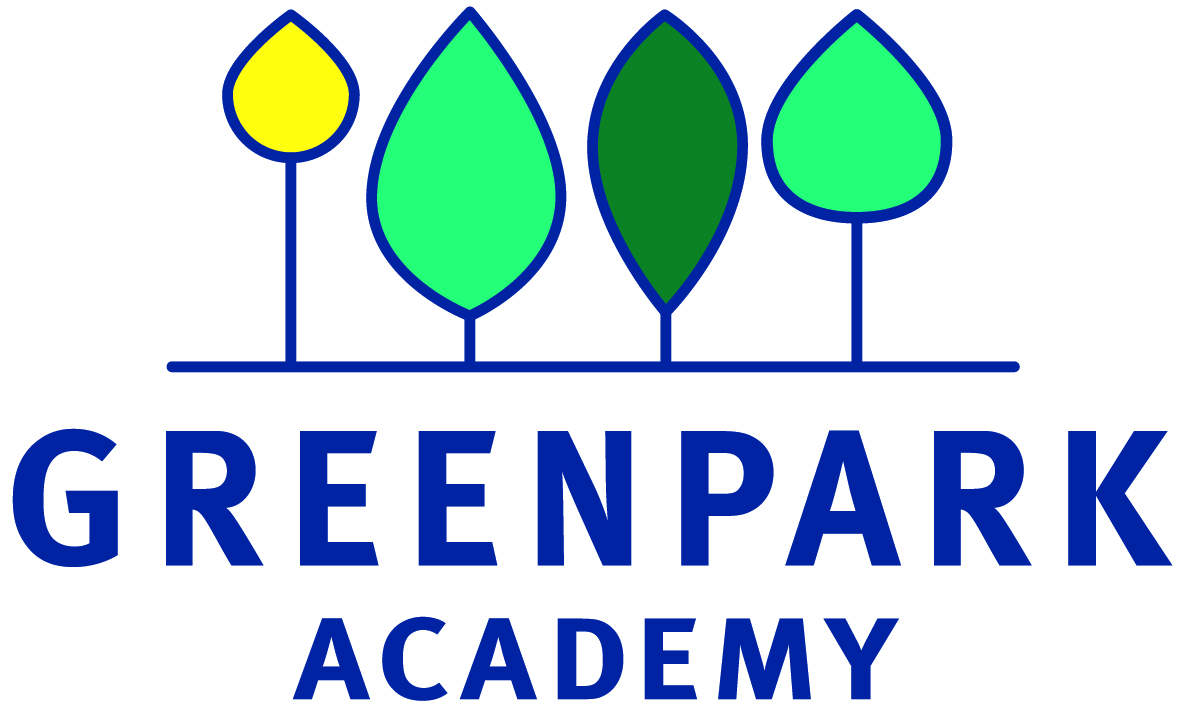Physical Education (PE)
Progression Of Skills Coverage 2023-2024
Intent
Why do we teach this? Why do we teach it in the way we do?
At Greenpark Academy, we aim to develop pupils who are physically active and confident in a broad range of physical activities. The aims of our PE curriculum are to develop pupils who:
- Are able to remain physically active for a sustained period of time and recognise the importance of this in promoting long term health benefits.
- Have a keen interest in PE and are motivated to participate in competitive sport as well as extracurricular activities.
- Have the skills to be resilient.
- Have the skills to work independently and solve problems.
- Lead a healthy lifestyle and understand the range of factors that contribute to this.
- To apply knowledge of movement, rules, strategies, health and participation into a range of situations, games and sports.
Implementation
What do we teach? What does this look like?
- All children in Years 1- 6 will undertake 2 hours of curriculum time P.E each week
- Children in KS1 will participate in a variety of activities centred around the fundamental movement skills with an aim to improving their agility, balance and coordination. They will also participate in team games to develop tactics for attacking and defending.
- Children in KS2 will be exposed to a wide variety of sports including: badminton, cricket, rounders, tag rugby, netball and handball. During these lessons, we will focus on working collaboratively and communicating with others to develop ways to solve problems in challenging situations. They will also take part in dance and gymnastics lessons to develop flexibility, strength, technique and control.
- In KS2, gymnastics is taught at a fully equipped gymnasium and lead by a professional gymnastics coach.
- All children will have the opportunity to participate in inter-school competitions held at Lynnsport in a range of different activities.
- In KS2, children will attend swimming lessons with an aim to develop them competently and proficiently as swimmers over a minimum distance of 25m as well as learning to perform safe self-rescue.
- During P.E lessons, children are encouraged to: develop and test their problem solving skills, take risks and be courageous, competitive and resilient.
- Free after school clubs will be open for all children in Years 1-6 including football, new-age kurling and tennis.
- Additional after school clubs of roller-skating and archery are also offered.
- Children are given more experiences when using the equipment and resources available at Lynnsport leisure centre. This promotes further healthy living in the hope children will sign up to more extra-curricular clubs.
- Assessment is carried out throughout each lesson, with a focus at the end of every term – this is recorded as a list of children working towards, at age related and at greater depth.
Impact
What will this look like? By the time children leave our school they will:
Know more
• Children are exposed to a range of sports throughout their time at Greenpark Academy including: tag rugby, netball, hockey, cricket, rounders, athletics, basketball, dance, gymnastics, tennis, football, fencing, archery and orienteering.
• Key vocabulary is explicitly taught related to the unit.
• During the teaching of games – children are taught the key skills, rules and tactics associated with a range of sports. This knowledge can be applied to further sports and activities.
• During dance units, a range of genres of music and dance are taught.
Do more
• Lessons are planned which build upon skills learnt previously, for example in gymnastics which is taught between Years 1 to 6.
• Children are given frequent opportunities to apply the skills learnt to game situations during lessons as well as inter-school competitions.
• Children have the opportunity to represent the school in a range of sports and games.
• Children are encouraged to reflect on their own performance and that of others using self and peer assessment. This is modelled by the teacher/coach using correct vocabulary.
Remember more
• Children make connections with previous learning e.g. the principles of attacking and defending in tag rugby are linked with other invasion games. This is referred to by the coach/teacher at the beginning of a new sequence of learning.
• Knowledge and skills are assessed at the beginning of a unit and added to throughout the unit as children acquire new skills, tactics etc. This learning is recapped at the beginning of future lessons. Assessments then take place towards the end of a sequence of learning.
